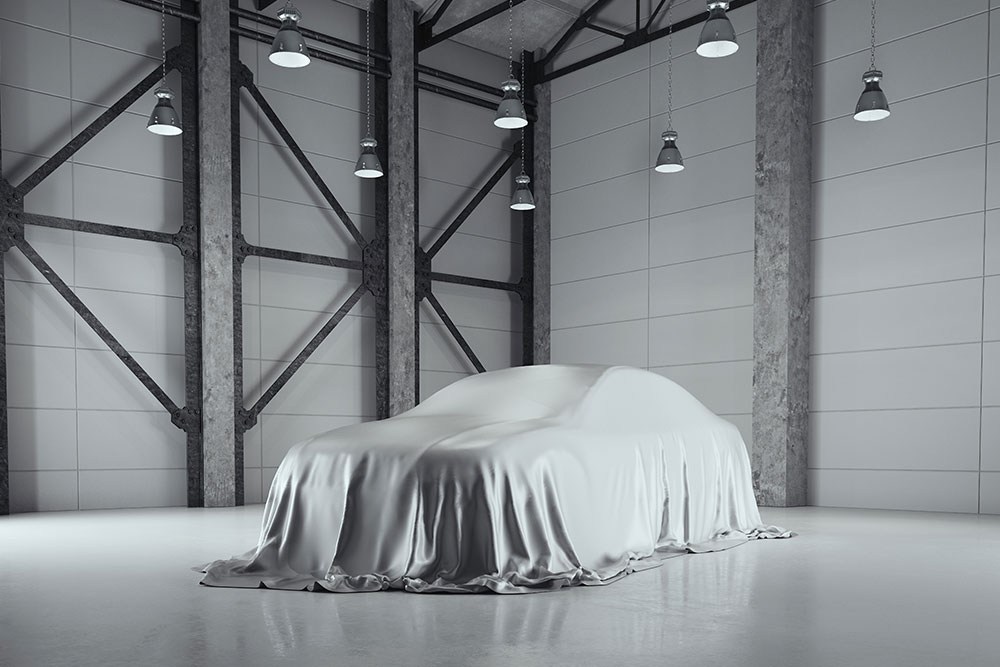
5 types of car covers you need to buy for your car
Car covers have much more use than what most people may take them for. The degree of protection that car covers offer depends on the type of car covers you choose. Since there are different types of cars and multiple categories of buyers, the suppliers and manufacturers have realized the need to produce a variety of covers which now flood the market.
- Water-resistant covers
Water-resistant car covers repel water and support air circulation to avert condensation. Majority of these covers feature an extra layer of protection in the form of ultraviolet screens that are sewn onto the mesh to protect your car from the harsh sunlight. Some manufacturers also make water-resistant car covers that are mildew resistant. - Waterproof car covers
The main difference between water resistance and waterproof car covers is that that latter features a plastic coating or a plastic film. Other than this, waterproof car covers may possess the same properties as that of water-resistant car covers. Waterproof car covers are ideal if you park your car outdoors. Waterproof car covers completely block the water from coming in contact with the car. However, the downside is it can lead to condensation, which could damage the car paint. Waterproof car covers are suitable for areas where it rains frequently. - Plastic covers
These types of car covers are best for an individual who keeps their car in a garage. The outer cover is a layer of plastic and the inner cover is a layer of flannel which maintains the car’s inner temperature during the winters. The flannel also helps in wicking away the moisture since the plastic layer provides stringent external protection. It eliminates the formation of varmints on the fabric too. When using plastic covers, make sure to include few desiccants or hygroscopic agents to avoid moisture formation in the plastic car cover. Use mothballs to keep rodents away from the car covers when kept in a bag. - Composite covers
These covers are not exactly water-resistant. Composite covers filter instead of draining the water. The only issue with these types of covers is that the rainwater that it filters is acidic and it filters only dirt. This acid can lead to corrosion, resulting in extensive damage to your car. However, composite covers are light as it is easy to install and take them off from your car. - Cotton covers
These types of car covers can either be made of pure cotton or a blend of polyester and cotton. They may be in the form of regular cloth or in the style of flannel. Pure cotton is better than cotton blend as the latter may be harmful to your car’s paint job. They are unsuitable for prolonged outdoor usage since they are not waterproof and should preferably be used indoors.
A quick tip: when the car is dirty or there is some dirt between the vehicle and the cover, it may result in damaging the paint in the form of scratches while the cover is being taken off. So, consider purchasing a well-fitting cover and clean your car periodically to avoid the same.


